This succulent fruit drink is not only enjoyable to consume but also holds promising health benefits. In this article, we will explore the link between red grape juice and cholesterol, highlighting the various components that contribute to its cholesterol-lowering properties. Understanding Cholesterol: Cholesterol is a fatty substance found in our blood that plays a crucial role in building healthy cells. However, high levels of low-density lipoprotein (LDL) cholesterol, often referred to as ‘bad’ cholesterol, can lead to the accumulation of plaque in our arteries, increasing the risk of heart disease.
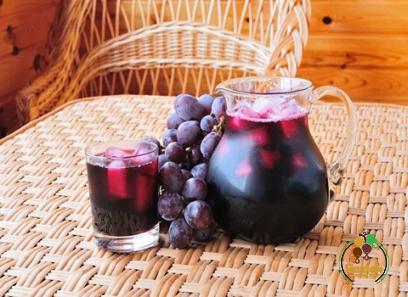
.
 Reducing LDL cholesterol levels has become a primary concern for individuals striving to maintain optimal cardiovascular health. The Magic in Red Grape Juice: Red grape juice contains high amounts of polyphenols, particularly flavonoids and resveratrol, which contribute to its cholesterol-lowering potential. These antioxidants have been found to reduce the oxidation of LDL cholesterol, inhibiting the development of plaque in the arteries. Numerous studies have demonstrated the positive impact of red grape juice on cholesterol management.
Reducing LDL cholesterol levels has become a primary concern for individuals striving to maintain optimal cardiovascular health. The Magic in Red Grape Juice: Red grape juice contains high amounts of polyphenols, particularly flavonoids and resveratrol, which contribute to its cholesterol-lowering potential. These antioxidants have been found to reduce the oxidation of LDL cholesterol, inhibiting the development of plaque in the arteries. Numerous studies have demonstrated the positive impact of red grape juice on cholesterol management.
..
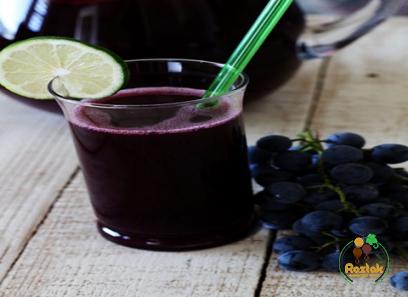 A review published in the European Journal of Clinical Nutrition found that regular consumption of red grape juice led to a significant reduction in LDL cholesterol levels in participants with hypercholesterolemia. Resveratrol Powerhouse: Resveratrol, a natural compound abundantly found in red grape skins, has gained considerable attention due to its potential health benefits. Studies have revealed that resveratrol can increase levels of high-density lipoprotein (HDL) cholesterol, also known as ‘good’ cholesterol. HDL cholesterol helps remove excess LDL cholesterol from the bloodstream, reducing the risk of arterial plaque buildup. Moreover, resveratrol has been found to possess anti-inflammatory properties, which can further protect the heart by reducing oxidative stress and inflammation in arterial walls.
A review published in the European Journal of Clinical Nutrition found that regular consumption of red grape juice led to a significant reduction in LDL cholesterol levels in participants with hypercholesterolemia. Resveratrol Powerhouse: Resveratrol, a natural compound abundantly found in red grape skins, has gained considerable attention due to its potential health benefits. Studies have revealed that resveratrol can increase levels of high-density lipoprotein (HDL) cholesterol, also known as ‘good’ cholesterol. HDL cholesterol helps remove excess LDL cholesterol from the bloodstream, reducing the risk of arterial plaque buildup. Moreover, resveratrol has been found to possess anti-inflammatory properties, which can further protect the heart by reducing oxidative stress and inflammation in arterial walls.
…
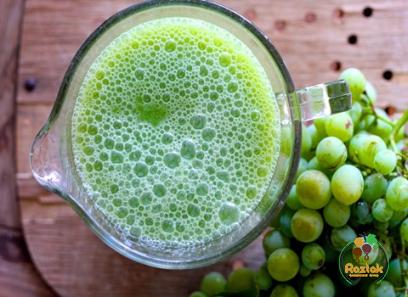 Including Red Grape Juice in Your Routine: Incorporating red grape juice into your daily diet can be a simple and enjoyable way to improve your cholesterol profile. To maximize its benefits, opt for pure, 100% red grape juice without added sugars or preservatives. Drinking a glass of red grape juice daily can provide your body with a concentrated dose of polyphenols and resveratrol. It is important to note that while red grape juice can be a valuable addition to a heart-healthy lifestyle, it is not a replacement for a balanced diet or medication prescribed by your healthcare provider. Individuals with pre-existing health conditions or taking any medications should consult with their doctor before making significant dietary changes. Conclusion: Red grape juice, with its remarkable polyphenol content and potent resveratrol properties, offers a compelling solution for managing cholesterol levels. Its ability to reduce LDL cholesterol oxidation and increase HDL cholesterol levels demonstrates its potential to promote heart health. By including red grape juice as part of a balanced diet and an overall healthy lifestyle, individuals can take positive steps towards keeping their cholesterol in check and safeguarding their cardiovascular well-being.
Including Red Grape Juice in Your Routine: Incorporating red grape juice into your daily diet can be a simple and enjoyable way to improve your cholesterol profile. To maximize its benefits, opt for pure, 100% red grape juice without added sugars or preservatives. Drinking a glass of red grape juice daily can provide your body with a concentrated dose of polyphenols and resveratrol. It is important to note that while red grape juice can be a valuable addition to a heart-healthy lifestyle, it is not a replacement for a balanced diet or medication prescribed by your healthcare provider. Individuals with pre-existing health conditions or taking any medications should consult with their doctor before making significant dietary changes. Conclusion: Red grape juice, with its remarkable polyphenol content and potent resveratrol properties, offers a compelling solution for managing cholesterol levels. Its ability to reduce LDL cholesterol oxidation and increase HDL cholesterol levels demonstrates its potential to promote heart health. By including red grape juice as part of a balanced diet and an overall healthy lifestyle, individuals can take positive steps towards keeping their cholesterol in check and safeguarding their cardiovascular well-being.

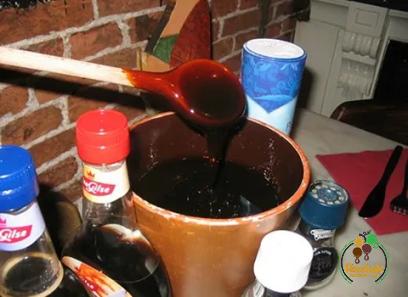
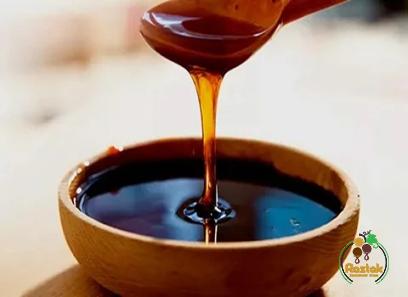
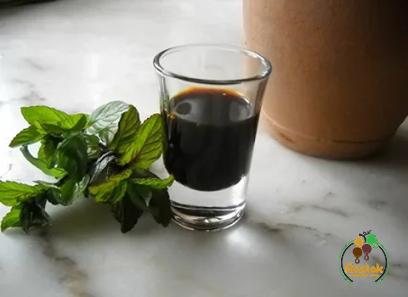
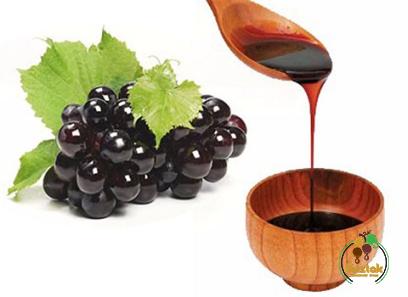

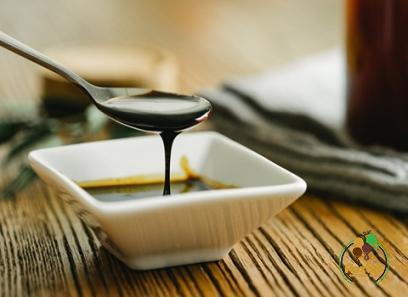

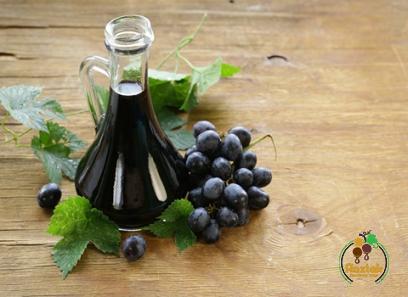

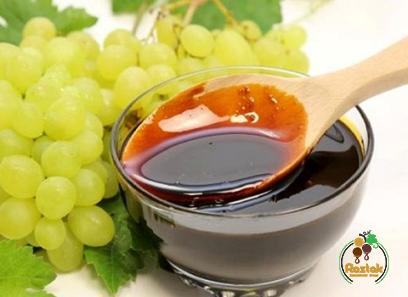
Your comment submitted.